Communiqué du séminaire à Rome 27 & 28 octobre 2016 Il faut agir ensemble pour développer les régions rurales du Sud et du Nord Méditerranée La Fondation du Dialogue Sud-Nord Méditerranée, présidée par M. NOTHOMB, Ministre d’Etat de la Belgique, en partenariat avec la Bibliothèque d’Alexandrie, réunit depuis 2006 tous les trois ans, sur un pied de stricte égalité, des acteurs de la société civile et des acteurs publics des deux rives de la Méditerranée. Au congrès de Milan en Octobre 2015, les participants, avec le GFAR-Global Forum for Agricultural Research et YPARDYoung Professionals for Agricultural Development, deux réseaux appuyés par la FAO, ont discuté du développement des régions rurales du Sud et du Nord, une priorité absolue pour éviter que les déséquilibres entre Sud et Nord ne s’aggravent et amplifient davantage les flux migratoires. En 2015, il avait été convenu de se rencontrer en 2016 pour faire le point des évolutions, notamment depuis la nouvelle politique de voisinage de l’Union européenne. Les 27 et 28 octobre 2016 les participants se sont, comme convenu, réunis à Rome pour discuter de l’évolution et préparer le prochain congrès de la Fondation en 2018. Les discussions ont souligné l’importance de la vie associative et de la capacité et l’autonomie des autorités régionales et locales, éminemment nécessaires pour dénouer les problèmes de développement dans les zones rurales. Une bonne coordination entre les stratégies « bottom up » et « top down » est indispensable pour assurer une évolution positive. Des perspectives doivent être offertes aux jeunes et à la situation des femmes dans les zones rurales. Certaines initiatives des acteurs du Nord, tel que l’ agritourisme, la culture hydroponique, commencent à être reproduites dans le Sud. Un bon accompagnement est indispensable. D’autres programmes prometteurs sont aussi mis en place dans plusieurs pays du Sud. La formation professionnelle, l’accompagnement sur le terrain par la société civile et un véritable partenariat entre pouvoirs publics et société civile sont indispensables pour offrir un avenir pour les zones rurales et par cela contribuer à infléchir les flux migratoires. Les défis sont énormes (changement climatique, pénuries d’eau, croissance démographique,…). Il faut donc créer des opportunités pour les jeunes souvent découragés. Les réseaux sociaux devraient aussi contribuer à rendre l’environnement rural plus attrayant. Les participants se sont largement accordés sur la nécessité impérative d’intensifier la coopération entre les deux rives. Des efforts sont faits, certains progrès sont déjà visibles mais encore insuffisants au regard des multiples défis. Ils appellent pour cela d’une part à une intensification du dialogue positif entre tous les acteurs des deux rives et d’autre part à un effort financier accru, en particulier dans le cadre de la politique de voisinage de l’Union européenne. Ils estiment qu’un accroissement significatif des investissements dans les régions rurales du Sud et du Nord de la Méditerranée, y compris dans l’éducation et la formation, aurait un impact positif sur l’emploi des jeunes et le statut des femmes. Les participants appellent l’Union pour la Méditerranée à un dialogue continu avec la Fondation. Seule une bonne coordination entre les différents acteurs et un appui financier soutenu de l’Union européenne et des Etats du Nord et du Sud et une coopération entre régions pourront contribuer à améliorer la situation économique et sociale dans les régions rurales du Sud méditerranéen.





